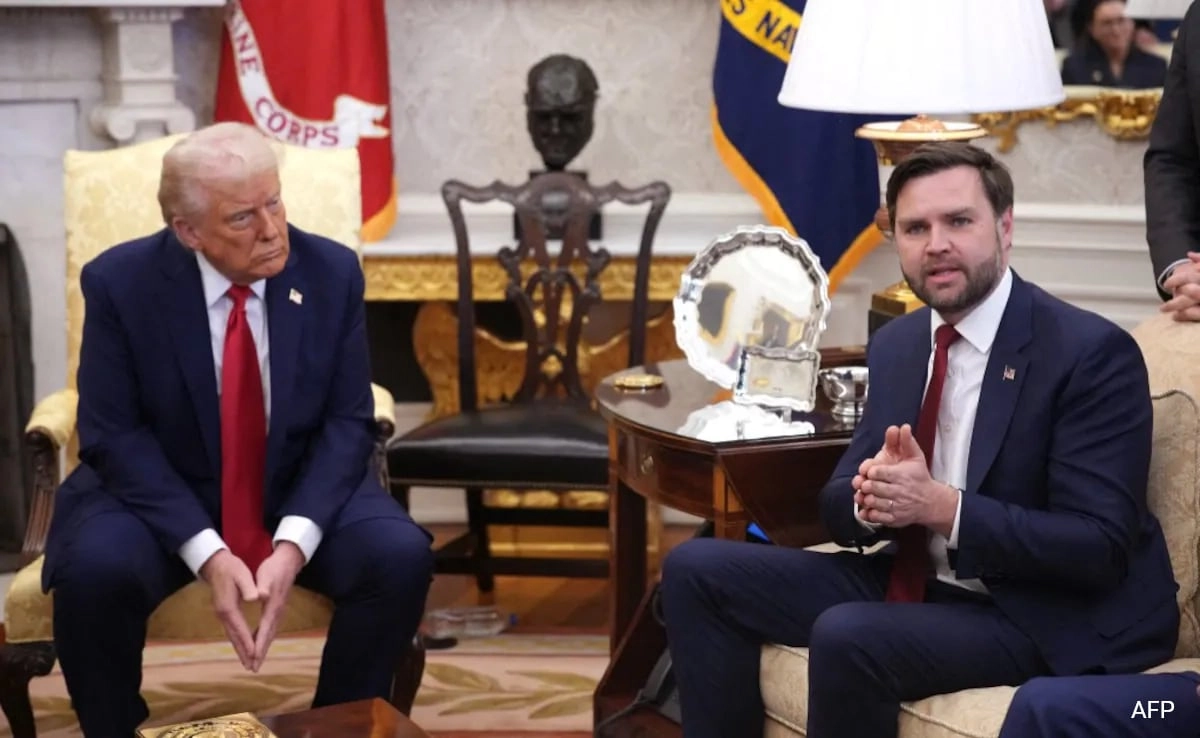The ongoing tariff dispute between the United States and India has captured significant attention, especially in light of President Trump’s unequivocal stance on the matter. This situation reflects broader trade tensions that have emerged over the past few years, where both nations have exchanged tariffs on various goods. President Trump has emphasized that his administration seeks to ensure fair trade practices, and he believes that the current trade dynamics with India do not align with this goal. His administration has made it clear that it expects reciprocity in trade agreements, pushing for a more balanced exchange of goods and services between the two countries.
India, on the other hand, has defended its position by highlighting the need to protect its domestic industries and ensure that local businesses can thrive in a competitive global market. The Indian government has argued that tariffs are a necessary tool to shield its economy from external pressures while simultaneously fostering growth in key sectors. As both nations continue to engage in dialogue, the challenge remains to find common ground that satisfies the economic interests of both parties. The complexities of international trade often require nuanced negotiations, and the potential for escalation in tariffs looms as a persistent concern.
The implications of this tariff row extend beyond just the two countries involved; they can influence global trade patterns, impact supply chains, and affect economic relations with other nations. Businesses and consumers alike may feel the strain as tariffs lead to higher prices for imported goods. Furthermore, the ongoing negotiations serve as a reminder of the shifting dynamics in international trade, where countries are increasingly prioritizing their own economic interests. As President Trump has been vocal about his administration’s priorities, it is essential for stakeholders to stay informed and engaged as the situation evolves. Ultimately, the resolution of this dispute could pave the way for a more equitable trading relationship between the United States and India, benefiting both economies in the long run.




